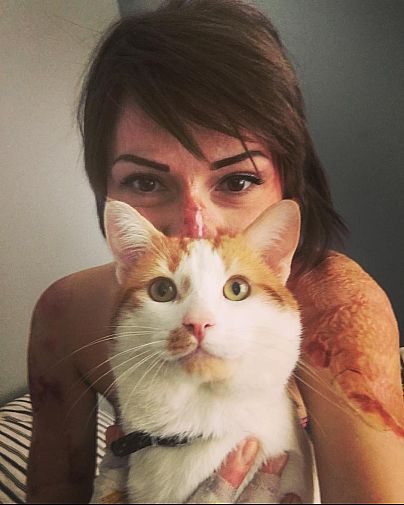Although the blaze brought down a government and put Romania’s corruption problem in the spotlight, its victims saw little resolution
It has been five years since a fire tore through a Bucharest nightclub on October 30, 2015, killing 64 people, injuring 200 and provoking grief and anger on a scale not seen since hundreds were killed in the violent revolution that overthrew dictator Nicolae Ceaușescu in 1989.
 ADVERTISEMENT
ADVERTISEMENT
 ADVERTISEMENT
ADVERTISEMENT
National mourning over the loss of life in the blaze quickly gave way to anger at Romania’s authorities when it emerged that the Colectiv nightclub was operating without a fire safety permit, leading to street protests against the corruption that many felt the tragedy epitomised.
The protests led to the fall of the Social Democrat government and the resignation of the mayor, Cristian Popescu Piedone, who represented the borough where the blaze took place. Meanwhile, tributes poured in from across the world.
But although the blaze brought down a government and put Romania’s corruption problem in the spotlight, its victims saw little resolution. Dozens of the injured had to find the money to pay for costly medical care and those that couldn’t have to rely on handouts from charities.
One victim, Adina Apostolone, told Euronews that her treatment for severe burns sustained in the fire was funded by charities because she couldn’t afford it. Her injuries required specialist treatment abroad, which was not covered under Romania’s healthcare system, she said.
Five years on, she still suffers from the after-affects of her burns and still requires treatment.
“I put my life on hold to deal with all these procedures. I experience severe headaches and memory loss,” she said. “But I want to get better and repair my burned skin.”
This week, Romanian President Klaus Iohannis said he will sign into law a proposal awarding lifelong medical treatment to survivors, both at home and abroad. But for Apostolone, it is a case of too little too late.
“It is just an electoral ploy. This law should have come sooner, not after five years,” she said.
She also thinks that the law should apply to anyone who suffered from severe burns in Romania, not just those injured in the Colectiv fire.
“It’s deeply saddening and unjust to see that it only refers to those affected by the nightclub fire and not to all severely burned patients in this country,” she said.
Adina said the recovery for the badly burned is very expensive and that authorities do nothing to help, and that is frequently contacted by burn victims not linked to the nightclub fire incident asking to borrow medicine from her as they can’t afford to buy it.
Meanwhile, Cristian Popescu Piedone - who resigned as mayor of Bucharest’s fourth electoral borough over the fire - was elected last month to the city’s fifth borough, despite being sentenced to eight years in prison on charges of abuse of power in connection to Colectiv nightclub fire. The court ruling is not final.











